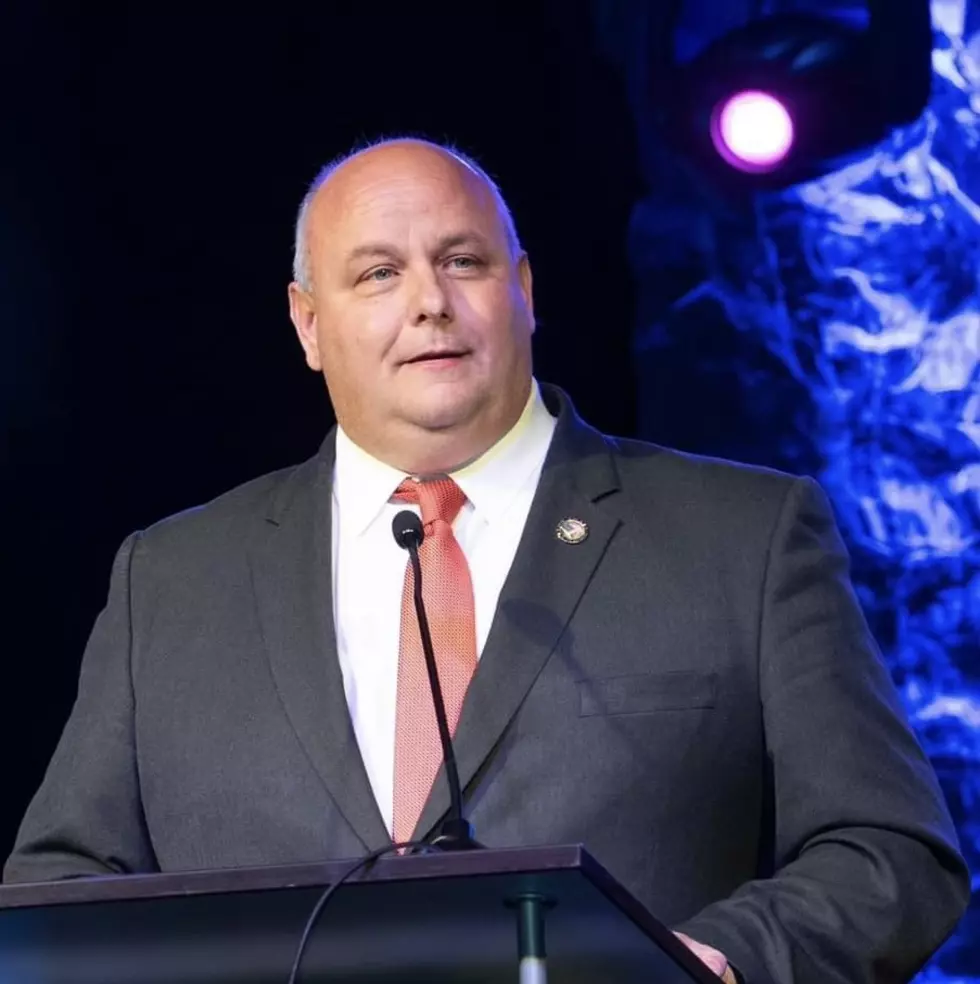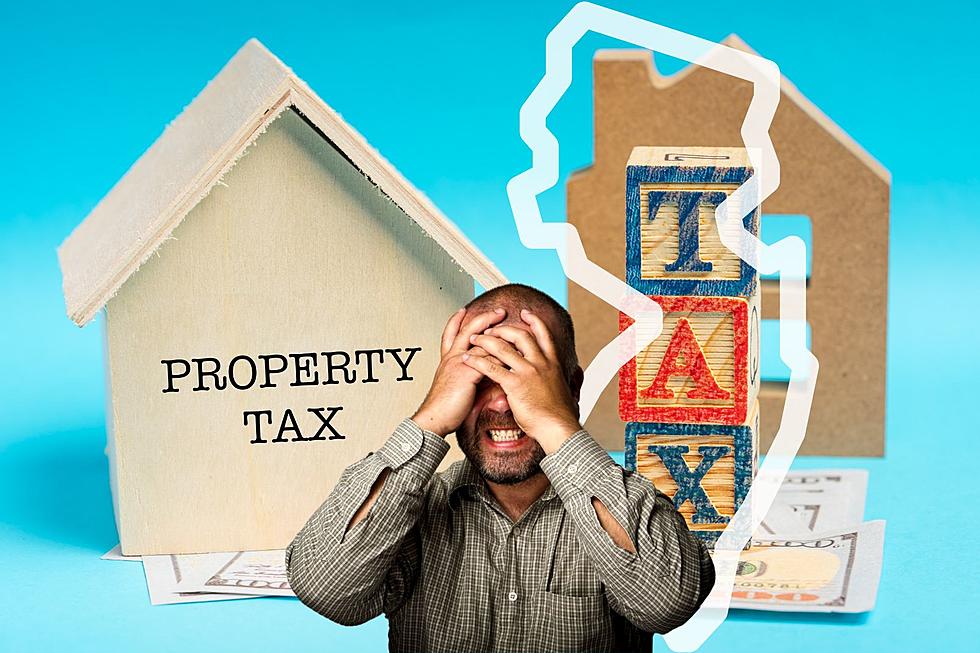
NJ Could Turn Foreclosed Homes Into Affordable Housing Under Proposed Law
Foreclosures remain a significant problem in New Jersey, though not the crisis they were a few years ago, and lawmakers and the state judiciary last week advanced a series of ideas that could address the issue.
A Senate committee advanced S1584, the latest version of legislation vetoed three times when Gov. Chris Christie was in office, to have a new state corporation buy foreclosed homes and convert them into affordable housing.
Staci Berger, president and chief executive officer, Housing and Community Development Network of New Jersey, said New Jersey ranks first in both standard foreclosures and zombie foreclosures, in which a home is abandoned. At the same time, it has people who can’t afford to rent or buy a home – and millennials living with their parents or moving out of state.
“We simply do not have enough homes that people can afford and so taking places that don’t have people in them and turning them into places that can have people in them seems like not rocket science. It should be a no-brainer,” Berger said.
“It’s not a problem that can be solved by itself,” she said. “It needs policy, and it needs funding, and it needs solutions. And we think this is a great, creative solution.”
Towns would have an incentive to participate in the program, too, as each converted home would count as two credits toward meeting their affordable housing obligation.
Jeff Kolakowski, vice president of government affairs for the New Jersey Builders Association, said it’s just good public policy.
“It’s about creating a clearinghouse to kind of try to weed through and get rid of this backlog of foreclosures that we have here in New Jersey,” Kolakowski said. “As you may know, we have a judicial foreclosure process here in New Jersey that takes an inordinate amount of time.”
Not as much time as before, says a new judiciary report published Thursday.
Foreclosures are in court an average of 114 days so far this year, more than 10 times fewer than seven years ago. The number currently in court has dropped to 21,000 homes and around 29,000 properties in all – down from 144,000 active cases at the peak in 2011.
Until 2006, New Jersey averaged around 25,000 foreclosures a year, and it has returned to approximately that level. But the collapse of the housing market during the financial crisis a decade ago spiked foreclosures to a peak of over 65,000 in 2009.
The report by a special committee convened by Chief Justice Stuart Rabner says foreclosures depress property values, burden towns, reduce local tax revenues and cause economic and safety risks, and it recommends 17 ways to simplify and improve the process.
The ideas include better educational outreach programs and public access to the electronic foreclosure docket; changes in state law, such as requiring foreclosure complaints to be filed within six months of serving a notice of intent to foreclose and requiring sheriff’s sales of foreclosed homes to occur within four months; and changes in court rules.
“Hopefully we get this foreclosure mess, the inventory of foreclosures, significantly, significantly reduced, and the whole process, which we dealt with, the whole process simply shortened,” said state Sen. Steve Oroho, R-Sussex, one of 17 members of the panel.
More From WPG Talk Radio 95.5 FM










